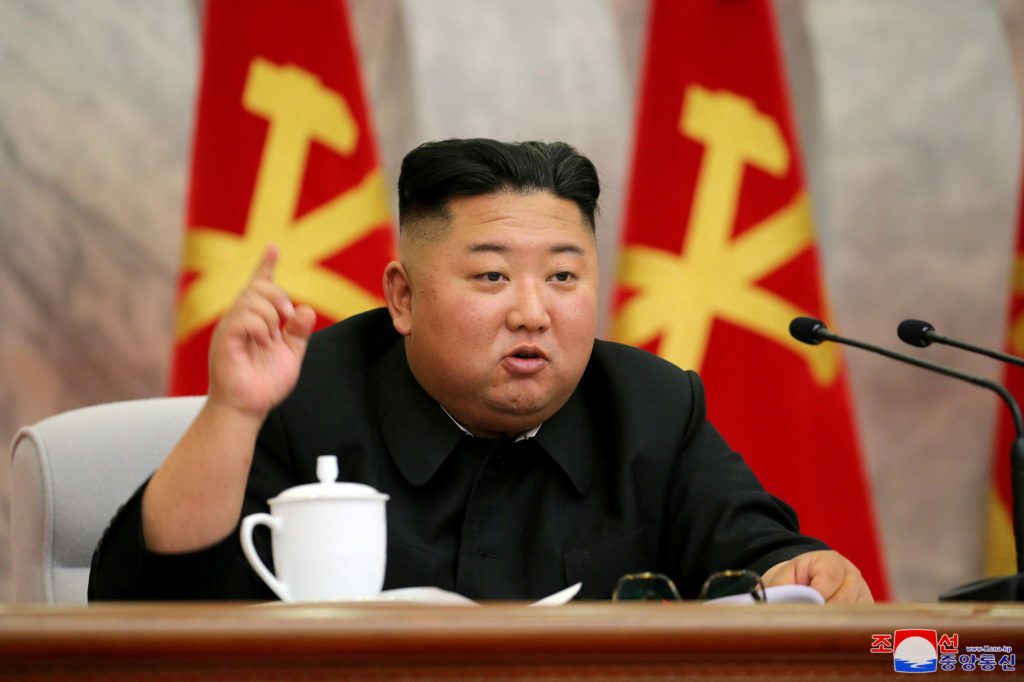Kim Jong Un declares South Korea a permanent enemy, orders destruction of unity symbols

North Korean leader Kim Jong Un declared South Korea a permanent enemy and ordered the destruction of all symbols of national unity, seeing them as detestable. This dramatic statement comes as the North Korean Parliament moves to dissolve two state organisations responsible for reunification and economic cooperation.
Kim Jong Un, the supreme leader of North Korea, asked the People’s Supreme Assembly, the country’s de facto Parliament, to amend the nation’s highest law by defining South Korea as ‘enemy number one and an unchanging fundamental enemy,’ reported the Korean Central News Agency (KCNA) on Monday.
Kim Jong Un further suggested that the constitution should outline plans for occupying, suppressing, and reclaiming South Korea in the event of another war between the two Koreas, emphasising that while North Korea has no intention of starting a war, it will not shy away from a battle.
On Tuesday, the Parliament announced the dissolution of two state organisations responsible for national reunification and economic cooperation, including the agency supporting South Korean visits to the jointly developed tourist resort at Mount Kumgang.
In addition, Kim Jong Un ordered the destruction of all symbols representing north-south unity, including the Monument to the Three Charters for National Reunification in the capital city of Pyongyang. This monument, erected by Kim Jong Il, the current leader’s father, is now viewed by the younger Kim as an eyesore, reported Sanook.
South Korean President Yoon Suk Yeol responded to Kim’s actions yesterday, January 16, during a Cabinet meeting, calling them anti-national and anti-historical. He warned that if North Korea attacks South Korea, the aggressor will be punished more severely than ever before.
The Korean Peninsula was divided into north and south after the end of Japanese occupation during World War II in 1945. The Korean War started in 1950 and concluded in 1953 with an armistice agreement but no peace treaty was ever signed to officially end the war.
Relations between the two nations have deteriorated in recent years, with North Korea increasing missile tests and announcing plans to expand its nuclear arsenal.
Amid an escalation in North Korea’s missile testing, a resolution from over 100 countries at the International Maritime Organization condemned the tests, highlighting concerns about threats to shipping safety. However, North Korea rebuffed the resolution, asserting that the missile tests were self-defensive measures.
Latest Thailand News
Follow The Thaiger on Google News:


























